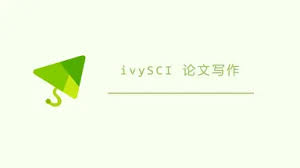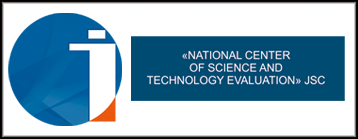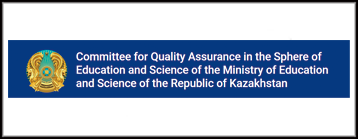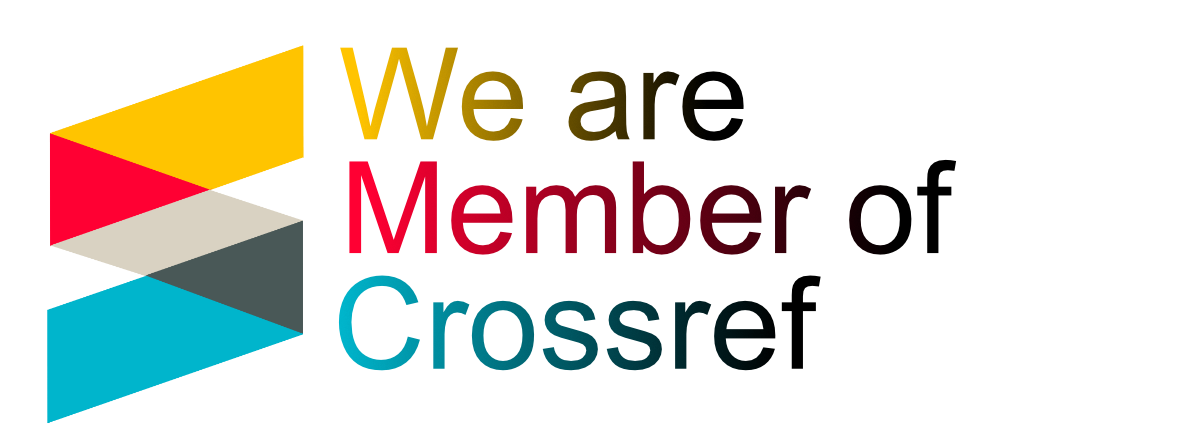Editorial policy
General duties and responsibilities of editors
Editors should:
• strive to satisfy the needs of readers and authors,
• constantly improve the content of the journal,
• ensure freedom of expression (within the limits of applicable law and ethical standards),
• ensure compliance with academic standards and internationally recognized ethical standards for scientific publications,
• be ready to publish amendments, refutations and apologies, if necessary.
Editors’ relationships between readers and authors
Editors must publish on the web page of the journal useful links of the necessary requirements for the design of articles in the Instruction for Authors, these requirements must be regularly updated and be available on the journal’s website.
Editors have the right to reject an article that does not meet the requirements of the journal.
Editors should avoid conflicts of interest regarding articles they should approve or reject.
Editors’ decisions to accept or reject an article should be based solely on its importance, originality, clarity, and relevance to the subject matter of the journal.
Editors should actively participate in the work to improve the quality of published articles, to identify and eliminate errors and inaccuracies.
Editors need to ensure that reviews are consistent with the rules for reviewing articles.
Editors generally do not revise decisions already made to refuse publication, unless there is a serious violation of the review procedure.
Editors must ensure the confidentiality of the personal information received about authors and not distribute it, except with the written permission of the authors.
Editors should identify unscrupulous and duplicate (repetitive) publications, primarily at the pre-press stage.
Editors should follow the recommendations of the International Publication Ethics Committee (COPE) https://publicationethics.org/guidance/Flowcharts in these matters, as well as when dealing with complaints and disputes.




















